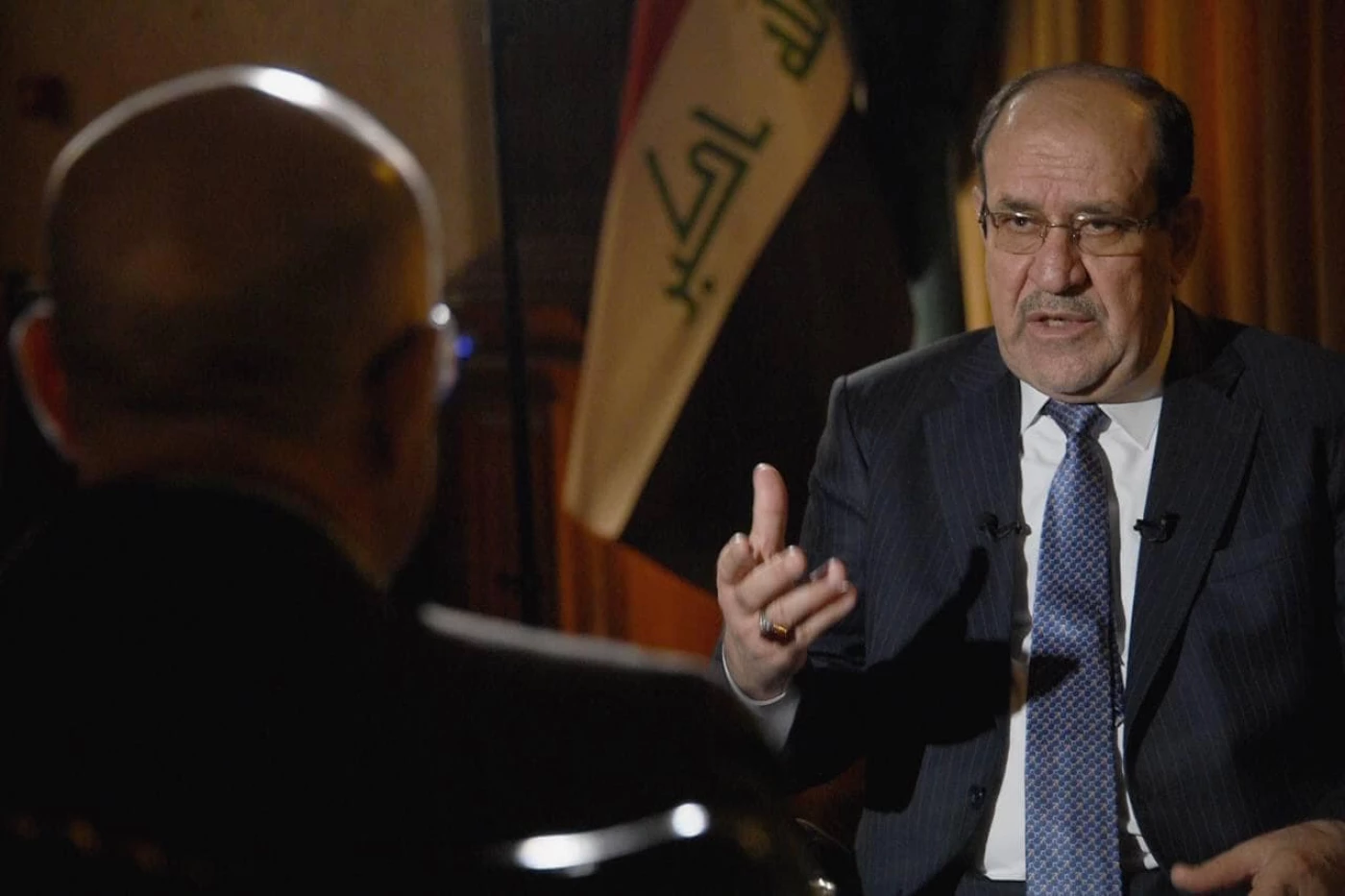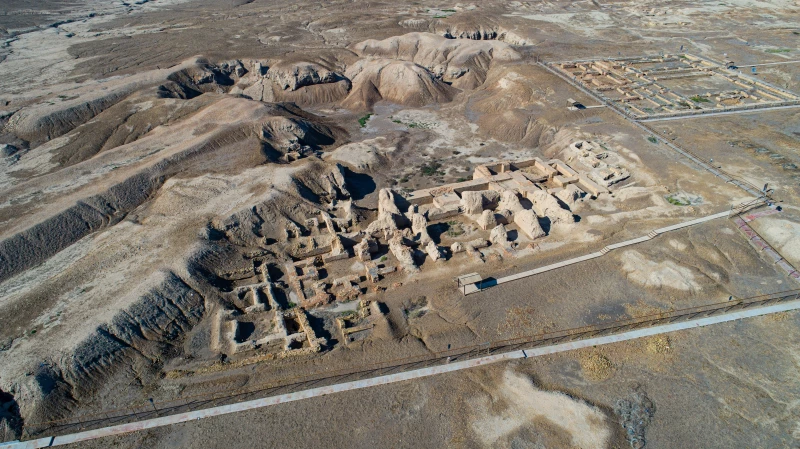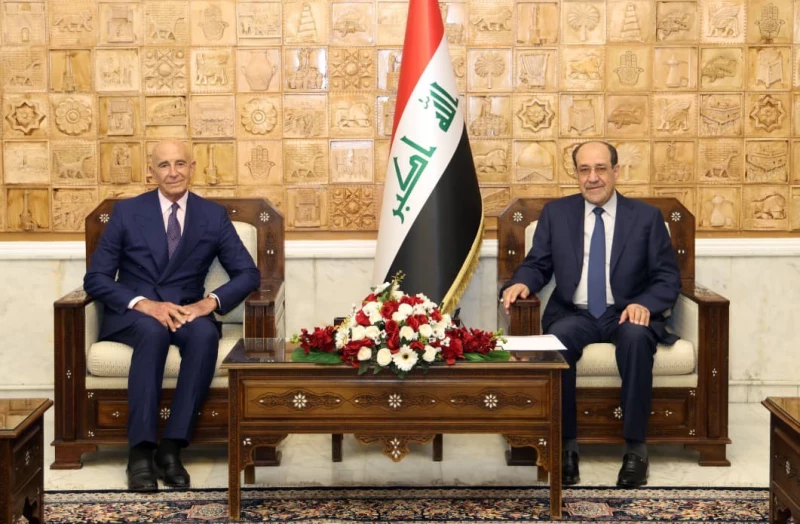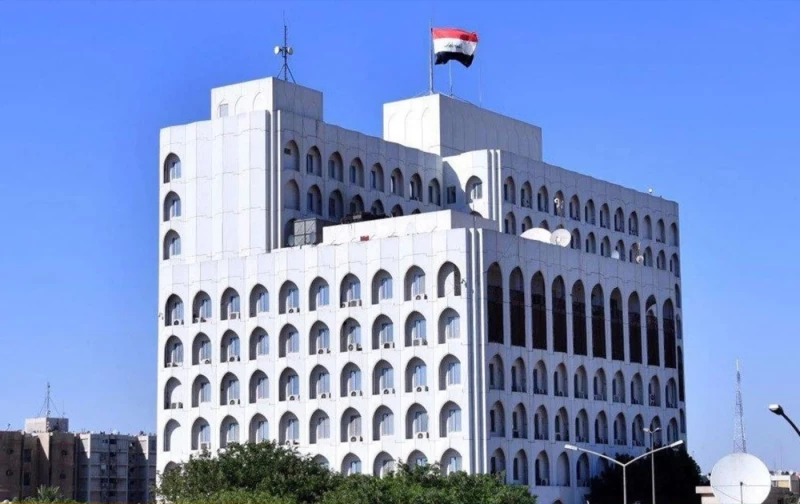DUBAI, UAE - For months, Nouri al-Maliki, Iraq’s former prime minister, has been pushing for amendments to the election law, a move that has raised questions about his motives. The effort comes despite the law being amended ahead of December 2023’s provincial council elections.
In a recent television interview, Maliki called for swift action on the amendments, saying he had asked the new Parliament Speaker Mahmoud al-Mashhadani to expedite the process. “A draft law is currently with the [Iraqi] presidency,” Maliki said. “We have asked them to forward it to the government or directly to parliament to prepare for the upcoming elections.”
Thair al-Jubouri, an MP from Maliki’s State of Law Coalition, told The New Region that his party seeks an election law ensuring fairness and transparency in electoral competition.
“This is why we are pushing for amendments requiring any state official intending to run or support a political bloc to resign several months before the election date, to prevent misuse of their position for electoral purposes,” Jubouri said.
According to Jubouri, the State of Law Coalition also supports a law adopting multiple constituencies within each province. “This approach fosters genuine regional competition and creates opportunities for independent figures and groups to gain representation,” he explained, claiming that this proposal is backed by various political parties.
Jubouri further noted that while there are understandings with other blocs and parties about the importance of amending the parliamentary election law, they have yet to reach formal political agreements. “The matter requires time for dialogue and consensus-building on the structure of the new law,” he said.
Political researcher Mujashi’ al-Tamimi said amending the election law has been a legal, constitutional, and popular demand since 2019 - when Iraq’s religious authority called for a law encouraging voter participation - but believed the current push for amendments may be aimed at other goals.
“There are claims that the proposed amendments do not align with these demands, nor do they reflect the aspirations of the religious authority or the Iraqi public,” he said. “The main objective seems to be curbing the influence of Prime Minister Mohammed Shia’ al-Sudani, which is why Maliki and other parties within the Coordination Framework are advocating for it.”
Tamimi added that some political forces have proposed a hybrid electoral system combining majoritarian and proportional representation. The amendments may also require executive officials, including the prime minister, to resign at least six months before elections.
“Ultimately, if the amendments reflect the public and the religious authority’s desire to boost voter participation, they will matter only if they enhance the legitimacy of Iraq’s political system,” Tamimi said.
Meanwhile, Mohammed Anouz, a member of the parliament’s legal committee, dismissed reports that a new draft law has been sent to the legislature. “Neither the parliament nor the relevant committees have received any proposed draft from the presidency, the prime minister’s office, or any political entity,” Anouz told The New Region on Thursday.
Arif al-Hamami, an MP from the State of Law Coalition and a member of the legal committee, said various political forces support amendments to the election law.
“The parliament urgently needed a speaker representing the Sunni component, especially as it prepares to discuss the election law,” Hamami said.
“This requires full representation of all components in the parliamentary leadership, which is why the Coordination Framework insisted on resolving this matter.”



 Facebook
Facebook
 LinkedIn
LinkedIn
 Telegram
Telegram
 X
X


